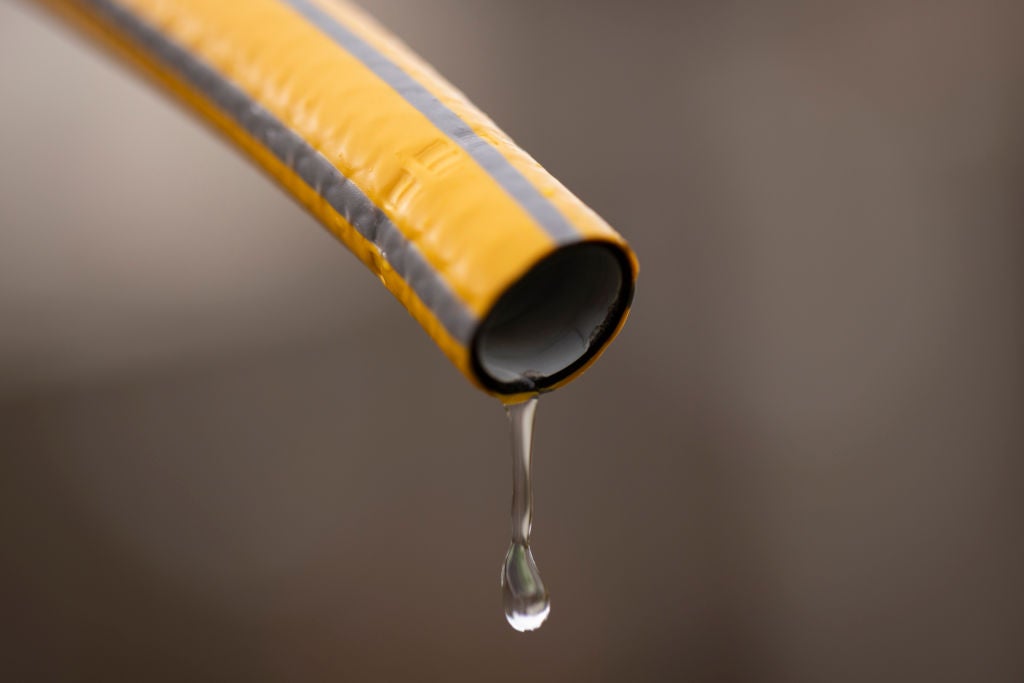What is the record of privatised water companies in England?
Every time there is a water shortage, the cry goes up to renationalise the water companies, writes John Rentoul


The regional water authorities in England were one of the last industries to be privatised by Margaret Thatcher, in 1989. Every time there is a water shortage and hosepipe bans are brought in, the cry goes up to cut the bosses’ bonuses, fine the companies for leaks and renationalise them.
Some of these demands are more justified than others. One way of trying to assess the success or otherwise of water privatisation is to compare England and Wales with Scotland, where water is still the responsibility of local councils, and paid for with council tax.
Scottish Water, the public corporation that oversees the industry in Scotland, was ranked the best UK water company for customer service last year. It pays its chief executive £267,000 a year, compared with an average £1.7m for the bosses of the privatised English companies – and the Scottish press still complains that its bosses are paid too much.
But Scotland loses more water per person through leaks than England and Wales do. In any case, it is hard to compare performance, because Scotland has a greater and rainier land area for its population than England. The English and Welsh water companies boast that they have increased productivity by 64 per cent since 1994, but they have still failed, 33 years after privatisation, to get on top of the problem of storm discharges of raw sewage into rivers and coastal waters.
Whatever differences in performance between England and Scotland, it is hard to claim that they justify chief executives’ salaries six times higher in one than the other. But without bringing the English and Welsh companies back into the public sector, it would also be hard for the government to cut chief executives’ pay.
The Social Market Foundation estimated at the time of the last election that it would cost £90bn to renationalise the companies. This isn’t as scary a sum as it might seem because it would be a capital investment: the taxpayer would be acquiring assets that produce revenues. The net effect on the public sector balance sheet would be nil – to start with, at least.
The only question is whether or not the water industry would be better run in the public sector in the long term. The evidence on that is not clear-cut, although the case for public ownership is stronger in the water industry than in others because it is more of a natural monopoly.
Whether public or private, what would make a real difference to the ability to store enough water to get through droughts, prevent more leaks, or stop sewage overflows, is money, and huge sums of investment are already planned over decades.
We could have better provision for droughts and more efficient management of sewage, but we would have to pay even more for it, whether the industry is nationalised or not.



Join our commenting forum
Join thought-provoking conversations, follow other Independent readers and see their replies
0Comments